So you’ve decided that you can’t do it yourself and you need to hire a professional. Here’s the DIY guide to make sure you’re hiring the right person for the job.
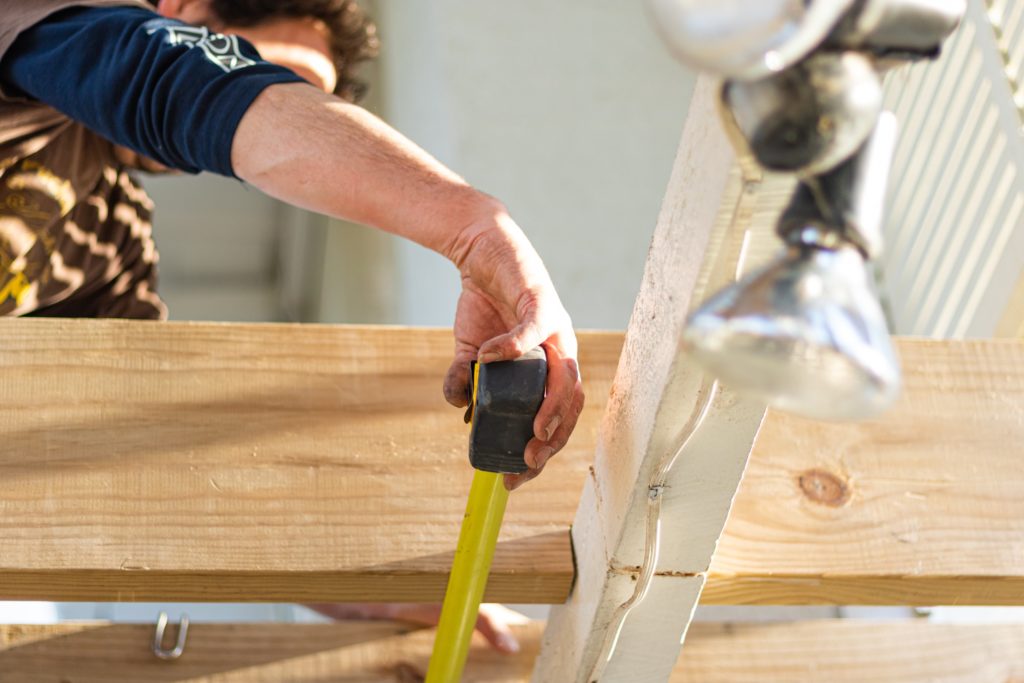
Finding a Contractor
Choosing a contractor is not an easy task – there is a lot involved with finding and hiring someone you trust to work on your home. You don’t want just anyone coming in to complete your project. Much like finding a business partner, you want to find a contractor who you trust, who communicates well with you, who knows what you want and is able to do it for you. The longer the timeline of the project, the more important it is to find the right person. You don’t want to get halfway through a 3-month remodel and realize the contractor you hired is not going to work out after all.
There are a lot of contractors out there. A quick Google search of contractors in your area could easily show you several dozen options. You can probably eliminate anyone without a website – if you can’t learn about them from their own website, how will you know if they are worth hiring? Take a look through their listed services. If their website doesn’t mention the kind of work you are looking for, you may not want to bother contacting them. Most contractors’ websites will tell you what they specialize in. Next, take the time to read through the “About Us” sections on websites of contractors you are looking at. Try to get a feel for the person/company before reaching out to them.
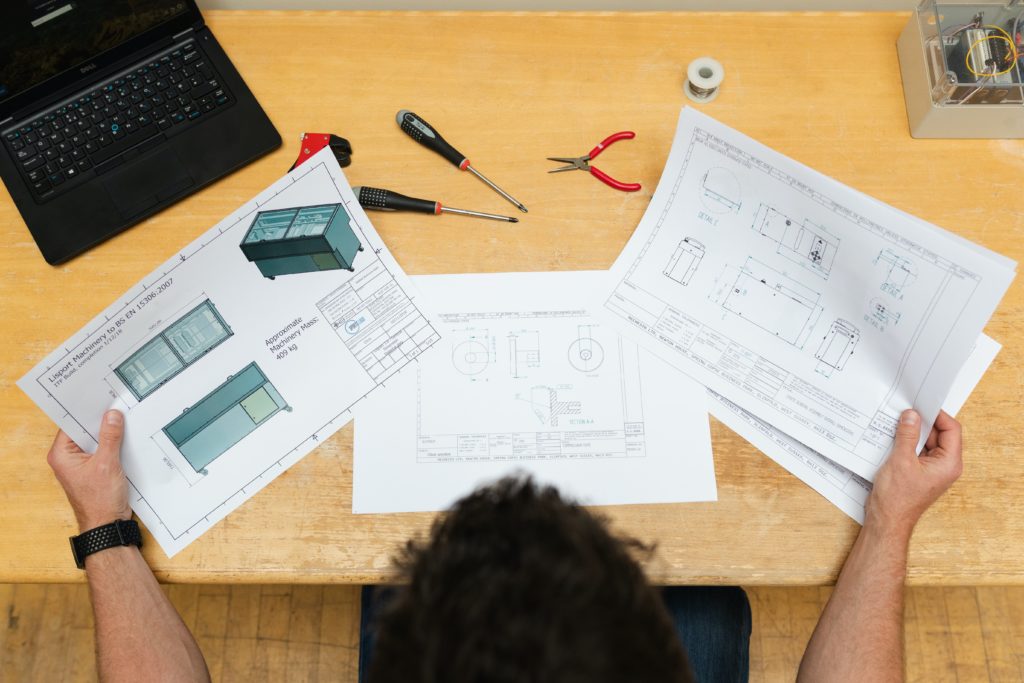
Initial Communication
If you like what you’ve read, reach out to them. This can be by phone or by email, or maybe even both. Some contractors are great about responding to inquiries, other contractors are absolutely terrible. If they can’t even get back to you the first time you reach out, what does that say about the kind of communication they’ll provide during the actual project?
Make sure to give the contractor(s) you speak with as many details as possible. If you have designs/plans to share, even better! Without detailed specifications, you could get 9 different quotes from 9 different contractors for 9 wildly varying projects.
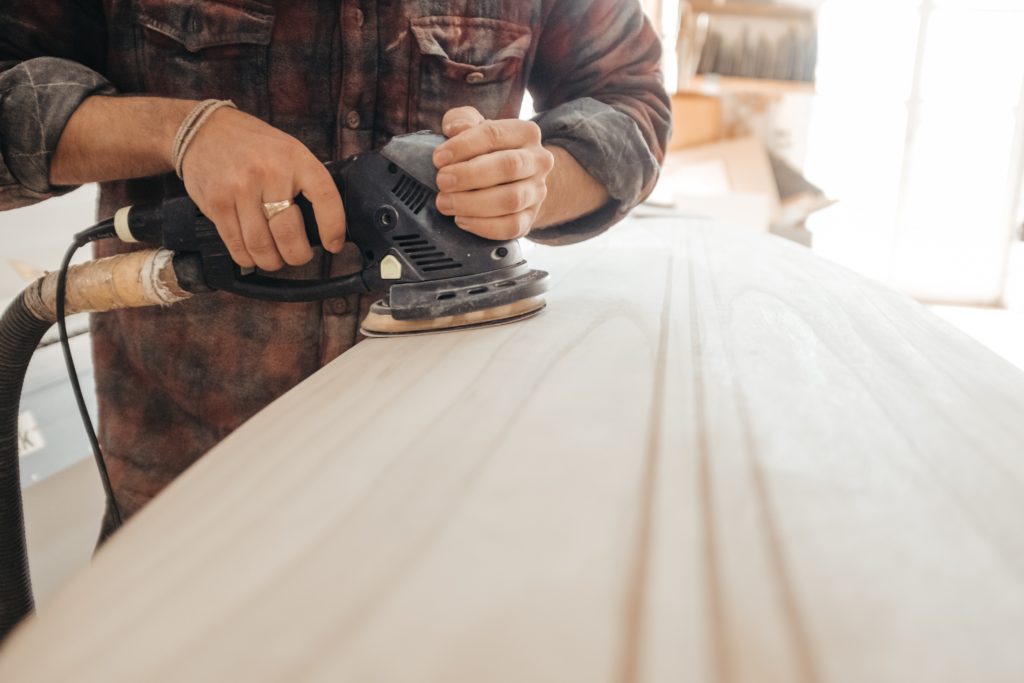
As you are meeting with contractors, ask them the following questions:
- What is your contractor license number? (Be sure to look them up and make sure they are actually licensed.)
- Do you have a lead license to work on homes built before 1978? How do you do asbestos testing for homes built before 2004?
- Are you insured?
- How long have you been in business?
- How do you handle any problems that arise? Can you site specific examples?
- Can you give me a list of references?
- Ask the references things like:
- What kind of project did this contractor do for you?
- What was the process like?
- Were there any hidden fees?
- Did the price you were charged match the price on the estimate you were given?
- What was the cost-versus-value experience for you?
- What were the pros and cons of working with this contractor?
- Did you have any concerns or problems with this contractor? If so, how were they remedied?
- Would you hire them again? Why (or why not)?
- Ask the references things like:
- Do you have a warranty program for your workmanship?
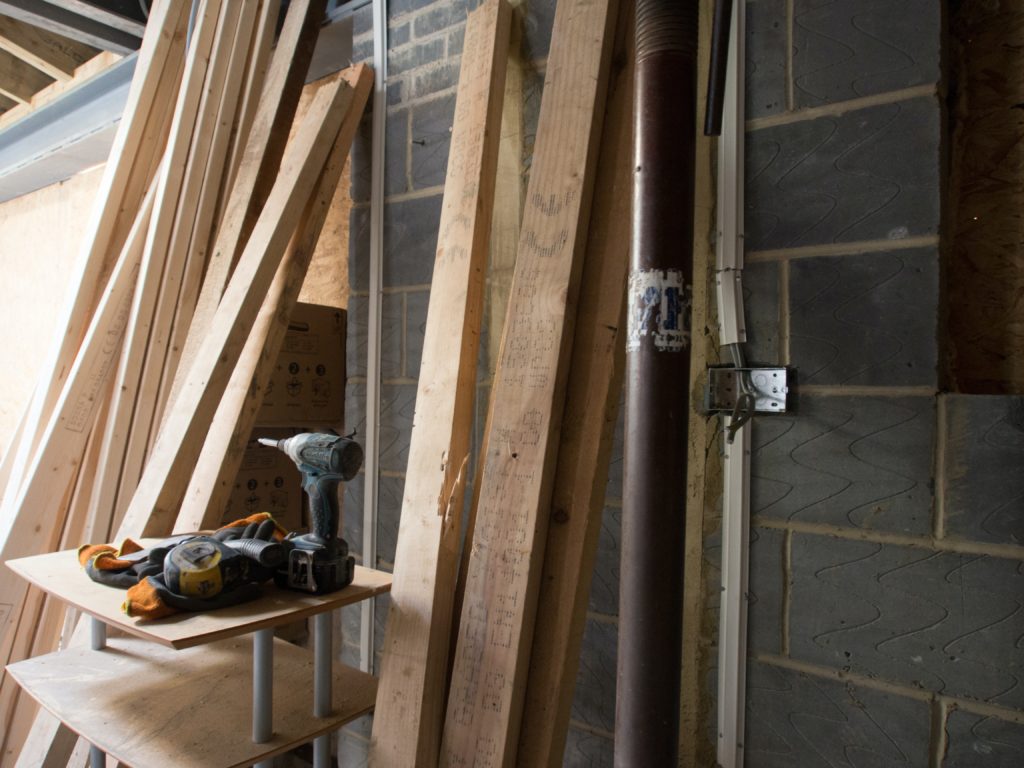
The Contract
Unless your project will cost less than $1,500, contractors are legally required to give you a contract for your project. This is a good protection for everyone involved. They should also be giving you legal notices such as a Notice of Buyer’s Right to Cancel, Notice to Owner About Construction Liens, Notice of Procedure Regarding Construction Arbitrations and Lawsuits, and a Consumer Protection Notice.
You should be looking for a contract that has as much detail about the project as possible, from the types of materials being used, to the model numbers of fixtures being specified, to the finishes and colors. Your contract should also tell you about all required payments, including progress payments. (And those progress payments should be tied to phases of the project, not dates.)
Additionally, if you make any changes during the job, make sure they give you a Change Order to sign and make everything official. The more paperwork and official documentation you have, the better for everyone involved.
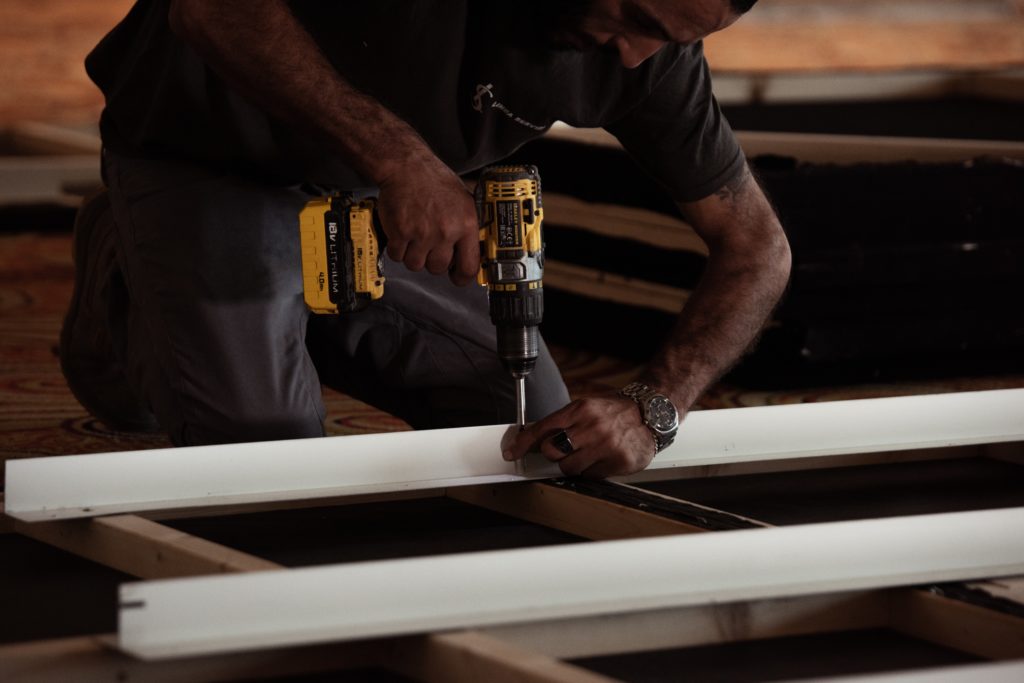
Depending on your project, final price shouldn’t necessarily be your main concern. Sometimes a cheap bid just means cheap work. Look for a well-written project description and scope of work. Look for a contractor who has been good about consistent communication throughout the bidding process.
Ask yourself the following questions:
1. Do I feel comfortable and safe with this contractor?
2. Do I trust this contractor to work on and in my home?
3. Does this contractor know what they are talking about?
4. Are they explaining things in a way that I can understand? Are they using big words to confuse me and make it seem like they know more than they do?
5. Is this contractor being transparent with me, or does it feel like they are hiding things?
6. Does this contractor actually listen to me and understand what I want?
7. Do I have a good gut feeling about this contractor?
8. Does the value of what I’m getting make me feel good about the price? Is it worth it?
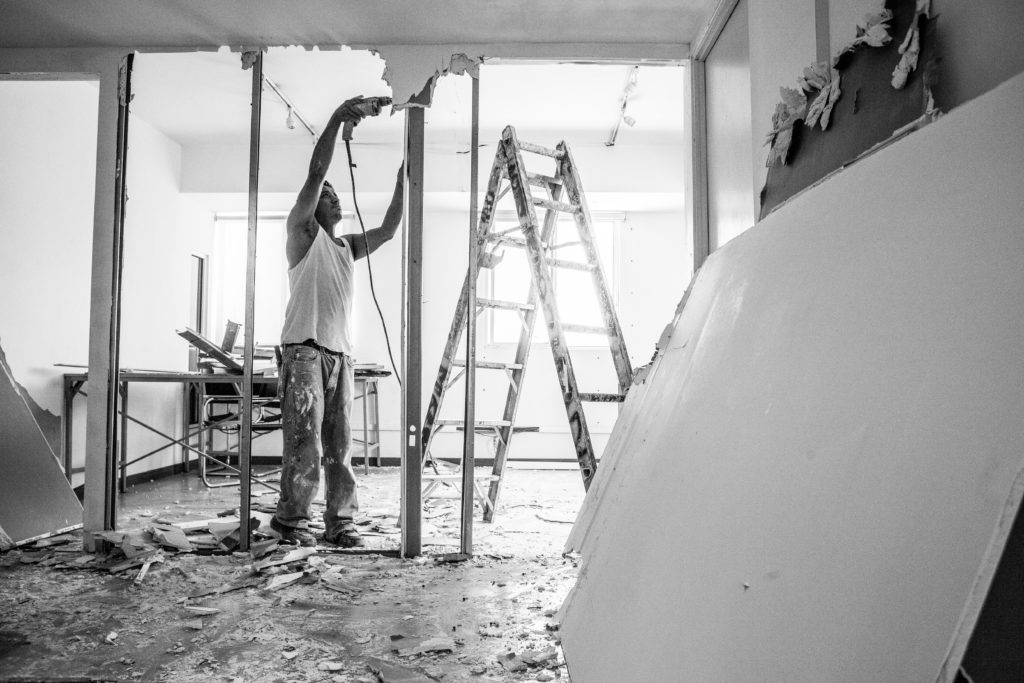
Warning Signs
Once you’ve signed and the project has started, if you have any concerns, make sure to bring them up to your contractor. A good contractor will address them quickly in a way that is satisfactory to everyone.
Here are some warning signs you may need to find someone else to finish the job:
1. You never signed a contract – legally if the job is $1,500 or more, the contractor is required to have a contract. Regardless of the cost of the job, having a contract is a great safeguard for both the contractor and you.
2. Virtually no details are written in the contract – you should know exactly what work is being done and what products are being used; the more detail, the better.
3. You are required to get permits, or permits are purchased in your name – this is a warning sign that they aren’t licensed.
4. They aren’t licensed or bonded or insured, or they don’t have worker’s compensation.
5. They don’t (or won’t) give you references.
6. They tie deposits to specific dates rather than work completion milestones – projected completion dates change often; completion milestones don’t change.
7. The workmanship is poor quality.
8. There are unexplained delays in their work – you should be informed of any potential delays that come up and when they can be resolved.
9. There is drug or alcohol use on the job site.
10. They have poor communication skills.
11. They don’t follow what’s written in your contract – if your contract is detailed enough for you to know what they are doing and what products they are using, they should be sticking to that.
12. They aren’t following OSHA guidelines.
13. They steal from you – whether it’s stealing your money on the job site by scamming you, or stealing your belongings, it’s never okay.
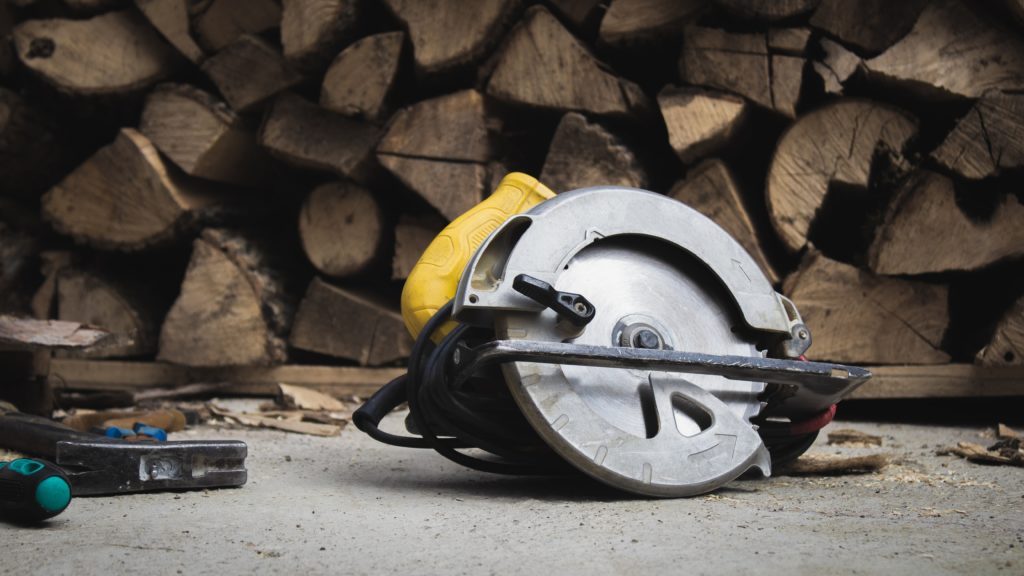
Once the Project is Over
Make sure to get any and all product information for warranties on any appliances, fixtures, or other materials used on your project. Your contractor should also tell you about any future maintenance that will need to be done to keep your project in good repair.
Your home is your safe place and it should stay that way. For more helpful information when it comes to choosing a contractor, check out this brochure from the Certified Contractors Network, and these great posts about why it’s so hard to find a good contractor (Heritage 98 and LinkedIn).




